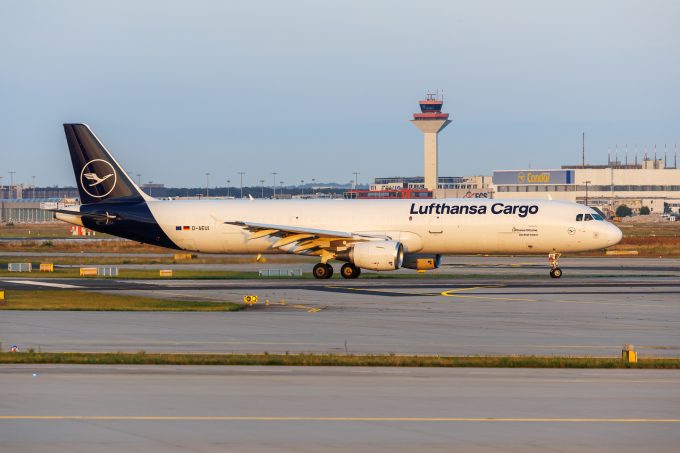Flights cancelled as German airport workers strike
As noted last week, German airports are facing chaos today as Ver.di union members down ...

Lufthansa Cargo is feeling “optimistic” about the year ahead, as a host of factors position airfreight for a soaring 2025.
“Available forecasts for air cargo, but also for economic/trade development, indicate further growth,” the German carrier told The Loadstar.
It noted that the global economy was adjusting to the “new realities” following the pandemic and recent geopolitical tensions, reflected in trade patterns.
One major driving force is ecommerce, which is expected to remain a key driver of global air cargo growth this year, and Lufthansa ...
Asia-USEC shippers to lose 42% capacity in a surge of blanked sailings
USTR fees will lead to 'complete destabilisation' of container shipping alliances
New USTR port fees threaten shipping and global supply chains, says Cosco
Outlook for container shipping 'more uncertain now than at the onset of Covid'
Transpac container service closures mount
DHL Express suspends non-de minimis B2C parcels to US consumers
Zim ordered to pay Samsung $3.7m for 'wrongful' D&D charges
Flexport lawsuit an 'undifferentiated mass of gibberish', claims Freightmate

Comment on this article